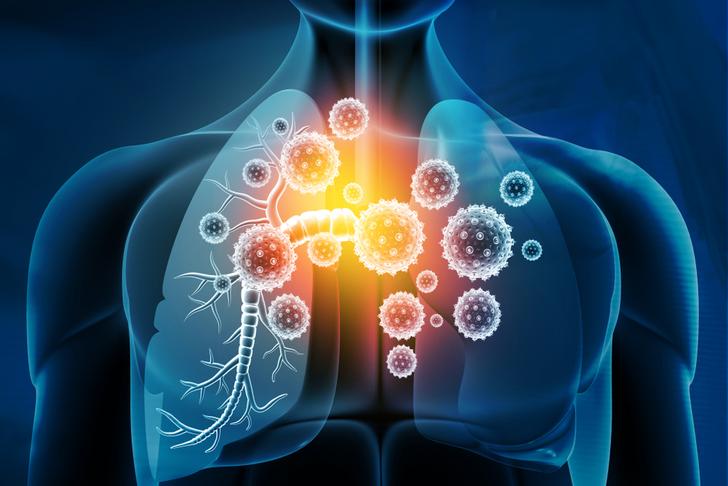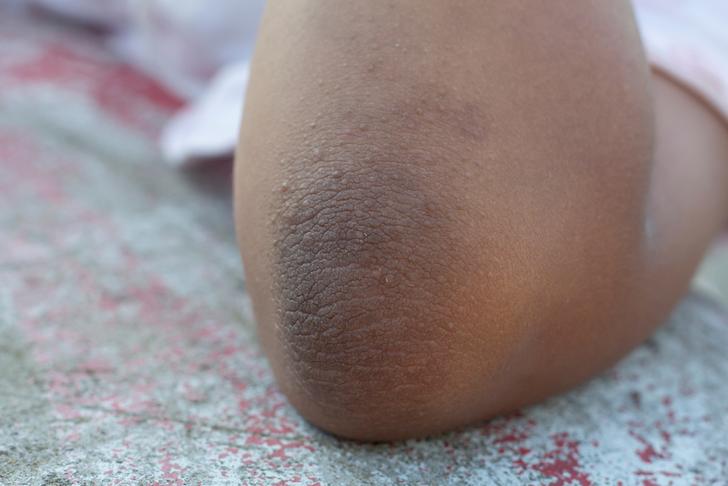10 Warning Signs of Diabetes
Diabetes is a chronic condition that affects how your body processes glucose, a type of sugar that provides energy to your cells. There are two main types of diabetes: type 1 and type 2. Both types can lead to serious health complications if left untreated. Recognizing the warning signs of diabetes is crucial for early diagnosis and treatment. Here are 10 warning signs of diabetes that you should be aware of.
Increased Thirst
One of the most common symptoms of diabetes is increased thirst, also known as polydipsia[[1]]. High blood sugar levels cause your kidneys to work harder to filter and absorb the excess sugar, leading to increased fluid loss through urination. This can result in dehydration and a constant feeling of thirst.

Advertisement
Frequent Urination
Frequent urination, or polyuria, often accompanies increased thirst as a symptom of diabetes[[1]]. As your kidneys work to remove excess sugar from your blood, they produce more urine, causing you to urinate more often.

Advertisement
Unexplained Weight Loss
Unexplained weight loss can be a sign of diabetes, particularly type 1 diabetes[[4]]. When your body cannot use glucose for energy due to a lack of insulin, it begins to break down fat and muscle for fuel, leading to weight loss.

Advertisement
Increased Hunger
Increased hunger, or polyphagia, is another common symptom of diabetes[[1]]. When your body cannot use glucose for energy, it signals your brain to increase your appetite in an attempt to obtain more fuel.

Advertisement
Fatigue
Feeling tired and fatigued can be a sign of diabetes[[2]]. When your body cannot use glucose for energy, it can leave you feeling exhausted and weak.

Advertisement
Blurred Vision
High blood sugar levels can cause the lens of your eye to swell, leading to blurred vision[[1]]. This can be a warning sign of diabetes and should be addressed by a healthcare professional.

Advertisement
Slow-Healing Sores
Diabetes can affect your body’s ability to heal wounds and sores[[3]]. High blood sugar levels can impair blood circulation and damage your nerves, making it more difficult for your body to heal.

Advertisement
Frequent Infections
People with diabetes are more susceptible to infections, particularly skin, urinary tract, and yeast infections[[3]]. High blood sugar levels can weaken your immune system, making it harder for your body to fight off infections.

Advertisement
Tingling or Numbness in Hands or Feet
Diabetes can cause nerve damage, known as diabetic neuropathy, which can lead to tingling or numbness in your hands or feet[[3]]. This can be a warning sign of diabetes and should be evaluated by a healthcare professional.

Advertisement
Darkened Skin Patches
Darkened, velvety patches of skin, known as acanthosis nigricans, can be a sign of insulin resistance and type 2 diabetes[[3]]. These patches often appear in areas where skin folds, such as the neck, armpits, or groin.

Advertisement
Symptoms of Diabetes
Diabetes symptoms can vary depending on the type of diabetes and how much your blood sugar is elevated. Some people, particularly those with prediabetes or type 2 diabetes, may not initially experience symptoms. However, typical symptoms include:
- Increased Thirst and Urination: High blood sugar levels cause fluids to be pulled from tissues, leading to increased thirst and frequent urination.
- Increased Hunger: Without sufficient insulin to move sugar into your cells, your muscles and organs lack energy, triggering intense hunger.
- Weight Loss: Despite eating more than usual to relieve hunger, you may lose weight due to the inability of your body to metabolize glucose.
- Fatigue: If your cells are deprived of sugar, you may feel tired and irritable.
- Blurred Vision: High blood sugar levels can cause the lens of your eyes to swell, resulting in blurred vision.
- Slow-Healing Sores or Frequent Infections: Diabetes affects your body’s ability to heal and resist infections.
- Areas of Darkened Skin: This condition, called acanthosis nigricans, can be a sign of insulin resistance.
Advertisement
Causes of Diabetes
There are several types of diabetes, each with distinct causes:
Type 1 Diabetes: This form is an autoimmune condition where the body’s immune system attacks and destroys the insulin-producing cells in the pancreas. The exact cause is unknown, but genetics and possibly viruses may play a role.
Type 2 Diabetes: This form occurs when your body becomes resistant to insulin, and your pancreas cannot make enough insulin to overcome this resistance. Factors contributing to insulin resistance include being overweight or obese, leading a sedentary lifestyle, and poor diet.
Gestational Diabetes: This occurs in some women during pregnancy when the placenta produces hormones that lead to insulin resistance. Most of the time, this type of diabetes goes away after the baby is born.
Advertisement
Treatments for Diabetes
Diabetes treatment varies based on the type of diabetes and the individual’s health status:
Type 1 Diabetes: Treatment involves regular insulin injections or the use of an insulin pump, frequent blood sugar checks, and carbohydrate counting.
Type 2 Diabetes: Lifestyle changes, including eating a healthy diet, regular physical activity, and maintaining a healthy weight, are crucial. In some cases, diabetes medications or insulin therapy may be required.
Gestational Diabetes: Treatment includes blood sugar monitoring, dietary changes, exercise, and sometimes insulin injections.
Advertisement
Conclusion
Recognizing the warning signs of diabetes, such as increased thirst and urination, intense hunger, weight loss, fatigue, blurred vision, slow-healing sores, and areas of darkened skin, is crucial for early diagnosis and intervention. Causes vary by the type of diabetes but can include autoimmune reactions, insulin resistance due to obesity and a sedentary lifestyle, and hormonal changes during pregnancy. Treatment is tailored to the type of diabetes and individual’s health, but it generally involves dietary changes, exercise, regular blood sugar monitoring, and sometimes medications or insulin therapy. If you experience any symptoms of diabetes, it’s important to consult your healthcare provider for further evaluation and testing. Early intervention can help prevent or manage the complications associated with diabetes, leading to better health outcomes.

Advertisement





